Is the EU funding Russia more than Ukraine?
EU remains the largest importer of Russian fossil fuels despite sanctions aimed at crippling Kremlin's war effort
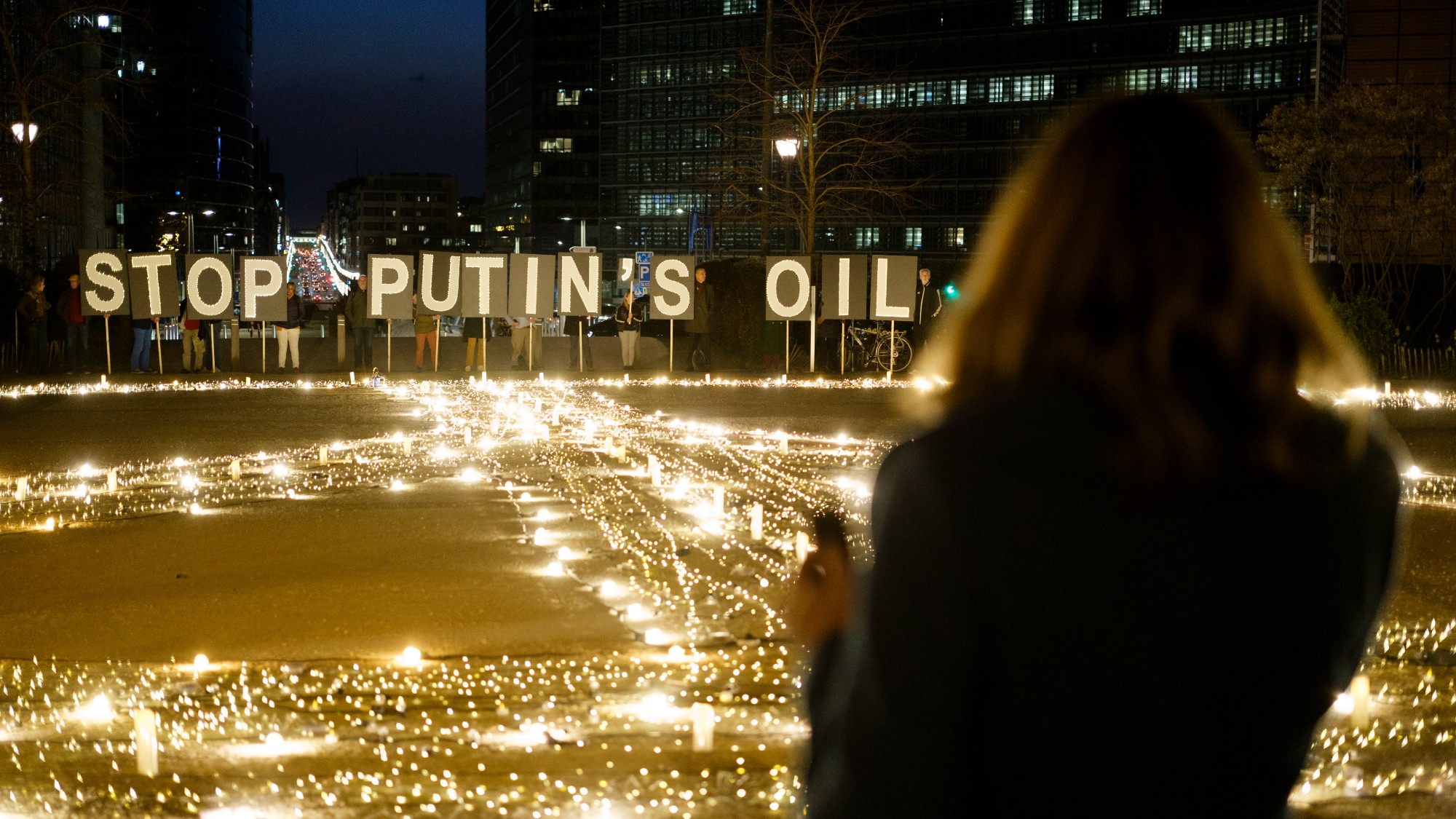
A free daily email with the biggest news stories of the day – and the best features from TheWeek.com
You are now subscribed
Your newsletter sign-up was successful
"Europe has sadly spent more money buying Russian oil and gas than they have spent on defending Ukraine," Donald Trump told the US Congress in March.
"Trump has not been known for his statistical accuracy, but on this occasion, he may be right," said Al Jazeera.
While EU imports of Russian fossil fuels have more than halved in monetary value since Moscow invaded Ukraine in February 2022, "the EU remains the largest importer of Russian fossil fuels", according to Russia Fossil Tracker, a project run by the Centre for Research on Energy and Clean Air (CREA) think tank.
The Week
Escape your echo chamber. Get the facts behind the news, plus analysis from multiple perspectives.

Sign up for The Week's Free Newsletters
From our morning news briefing to a weekly Good News Newsletter, get the best of The Week delivered directly to your inbox.
From our morning news briefing to a weekly Good News Newsletter, get the best of The Week delivered directly to your inbox.
Isn't Russia sanctioned?
Following the invasion of Ukraine, the EU and other Western allies imposed a range of sanctions on Russian energy products in a bid to cripple its economy and hamper its war effort. These included an all-out embargo on coal and seaborne oil imports, said the European Commission, although crucially not pipeline gas and shipments of Russian liquefied natural gas.
The EU's foreign policy chief, Kaja Kallas, said the alliance has not imposed "the strongest sanctions" on Russian oil and gas because some member states feared an escalation in the conflict and because buying them is "cheaper in the short term", said the BBC.
How is the EU still buying fossil fuels from Russia?
CREA estimates that the volume of Russian gas piped to Europe via Turkey rose by 26.77% in January and February 2025 compared with the same period last year, said the BBC. Hungary and Slovakia, who are sympathetic to Moscow, continue to receive Russian gas.
Official EU imports of Russian oil had fallen by 90% by the end of last year, said Al Jazeera, but this does not include illicit imports – the majority of which are delivered by Russia's "shadow fleet" of tankers used to circumvent sanctions – and a refining loophole that allows sanctioning countries to import Russian oil products from third countries such as Turkey and India.
A free daily email with the biggest news stories of the day – and the best features from TheWeek.com
"There's no real desire in many governments to actually limit Russia's ability to produce and sell oil," Mai Rosner, from the pressure group Global Witness, told the BBC. "There is way too much fear about what that would mean for global energy markets." This fear of higher energy prices may hamper the EU's goal of ending all Russian gas imports by the end of 2027.
How much is Russia making from the EU?
Russia Fossil Tacker estimates that since the beginning of the war Russia has made €885 billion (£740 billion) globally from its fossil fuel exports, with EU countries buying more than €209 billion of these exports.
Earlier this year Vladyslav Vlasiuk, a Ukrainian presidential adviser, told EU ambassadors to Kyiv that Russian gas exports to the bloc were directly "fuelling Russia's aggression" and it was "time to cut off the petrodollar flow", said Al Jazeera.
How does that compare to its support for Ukraine?
The European Commission's own calculations put EU financial assistance for Ukraine at €147.9 billion – far below the revenue generated for the Kremlin by gas and oil exports. But "the comparison changes when looking at European assistance to Ukraine as a whole", said Euronews.
The Kiel Institute for the World Economy, which tracks all aid to Ukraine, puts the collective amount of financial support already given or earmarked for the future by the EU institutions and all member states far higher – at €202.6 billion. This figure rises to €247.37 billion when support of other European nations, such as the UK, Norway, Iceland and Switzerland, is added in.
-
 How the FCC’s ‘equal time’ rule works
How the FCC’s ‘equal time’ rule worksIn the Spotlight The law is at the heart of the Colbert-CBS conflict
-
 What is the endgame in the DHS shutdown?
What is the endgame in the DHS shutdown?Today’s Big Question Democrats want to rein in ICE’s immigration crackdown
-
 ‘Poor time management isn’t just an inconvenience’
‘Poor time management isn’t just an inconvenience’Instant Opinion Opinion, comment and editorials of the day
-
 The EU’s war on fast fashion
The EU’s war on fast fashionIn the Spotlight Bloc launches investigation into Shein over sale of weapons and ‘childlike’ sex dolls, alongside efforts to tax e-commerce giants and combat textile waste
-
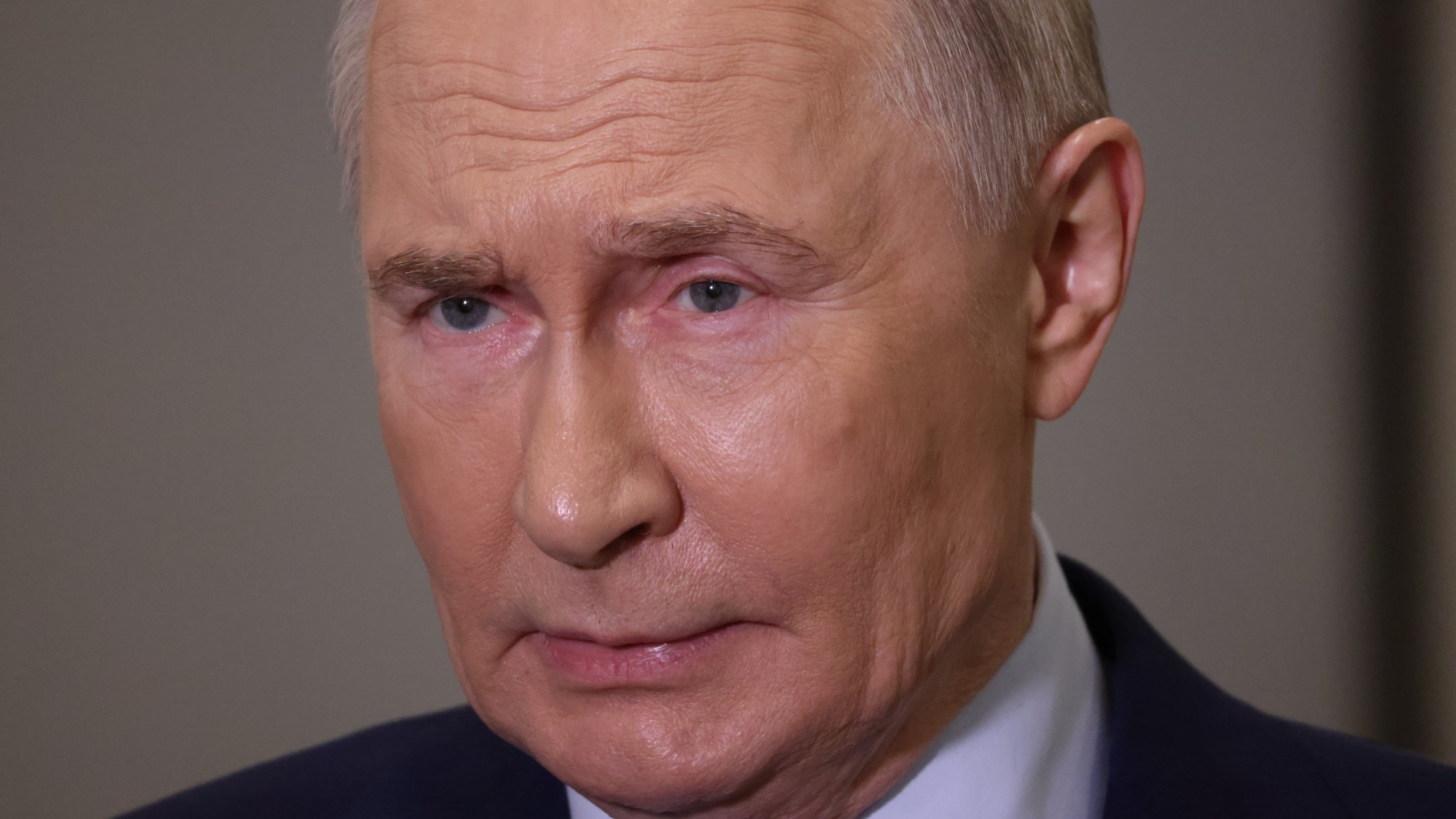 Will latest Russian sanctions finally break Putin’s resolve?
Will latest Russian sanctions finally break Putin’s resolve?Today's Big Question New restrictions have been described as a ‘punch to the gut of Moscow’s war economy’
-
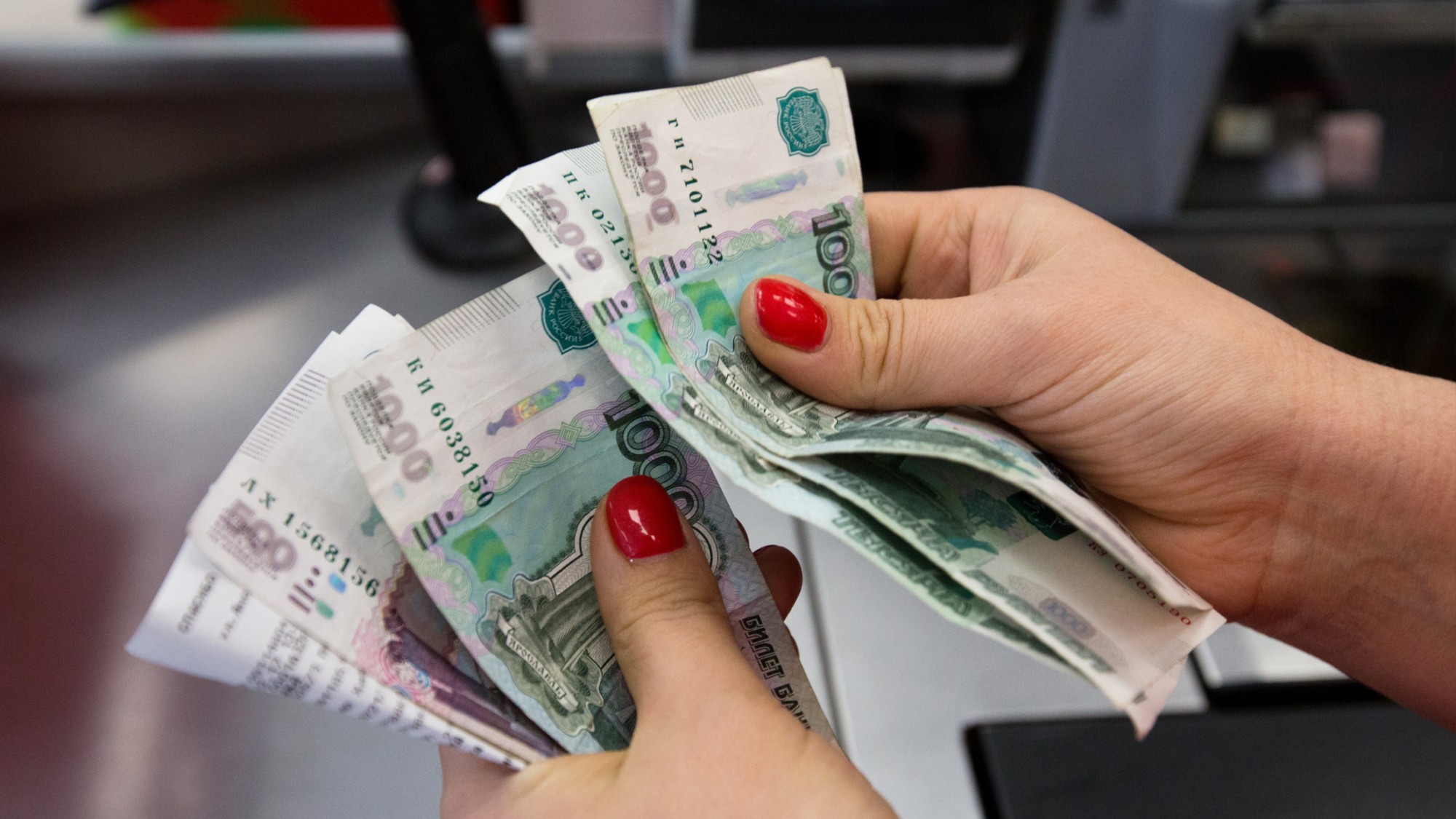 Why has the Russian ruble performed so well this year?
Why has the Russian ruble performed so well this year?Today's Big Question Despite economic malaise, Russia's currency is up 45% on the year
-
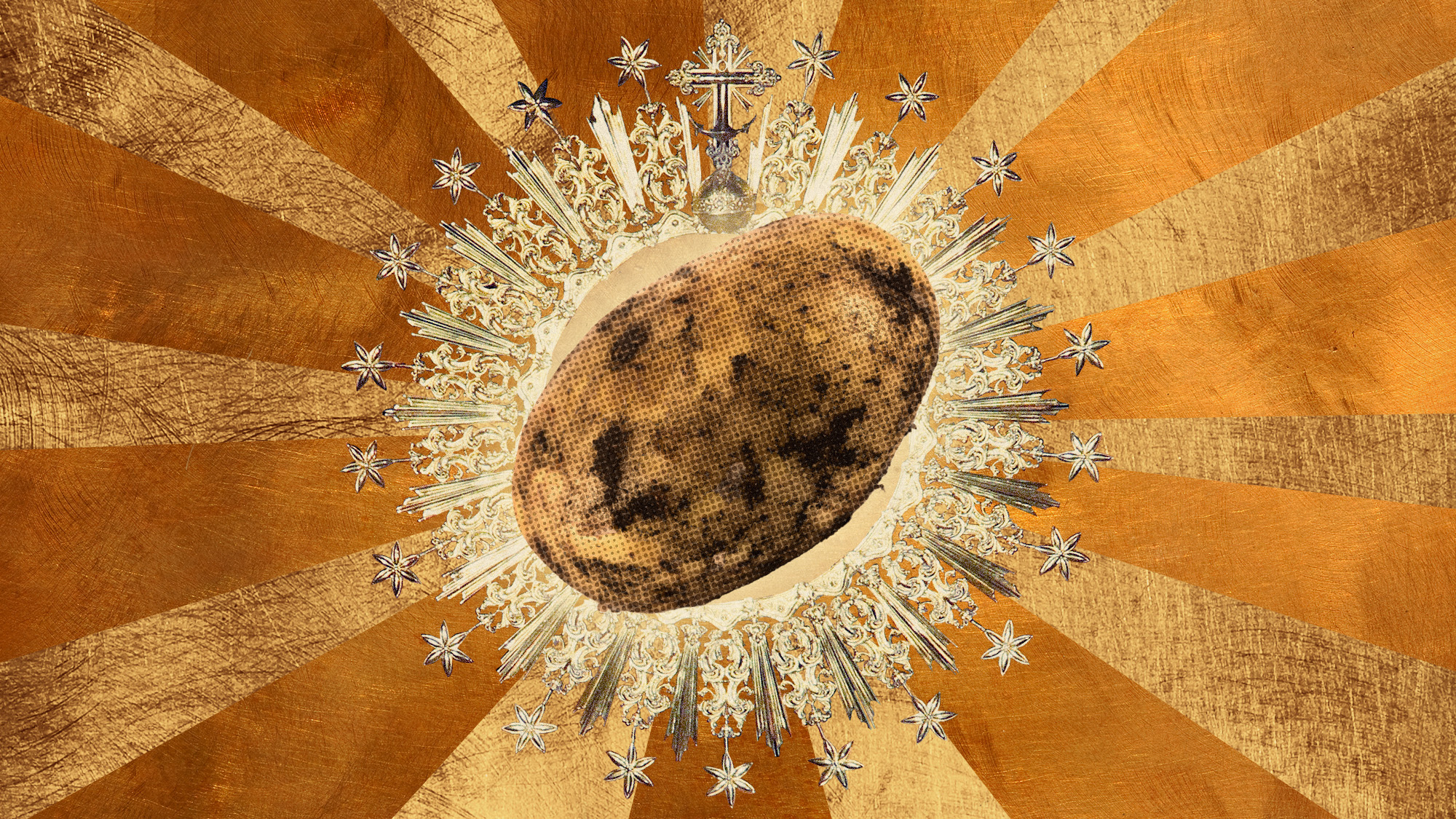 How potatoes became an 'unusual bellwether' in Russia's economy
How potatoes became an 'unusual bellwether' in Russia's economyUnder The Radar Spud shortages are pointing to a wider crisis in the nation's finances
-
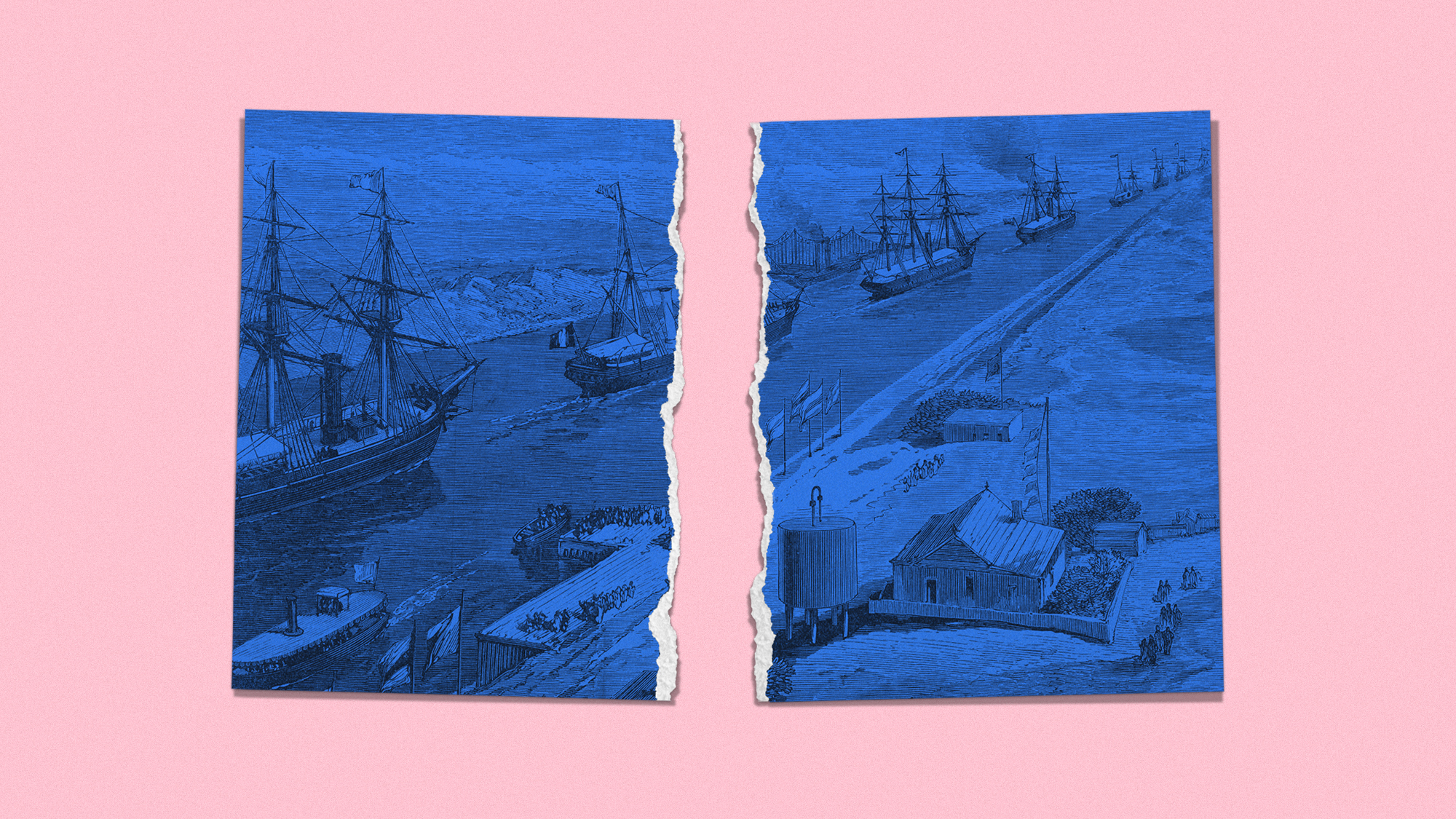 Why the world's busiest shipping routes are under threat
Why the world's busiest shipping routes are under threatThe Explainer Political tensions, mega ships and global warming offer new challenges – and opportunities
-
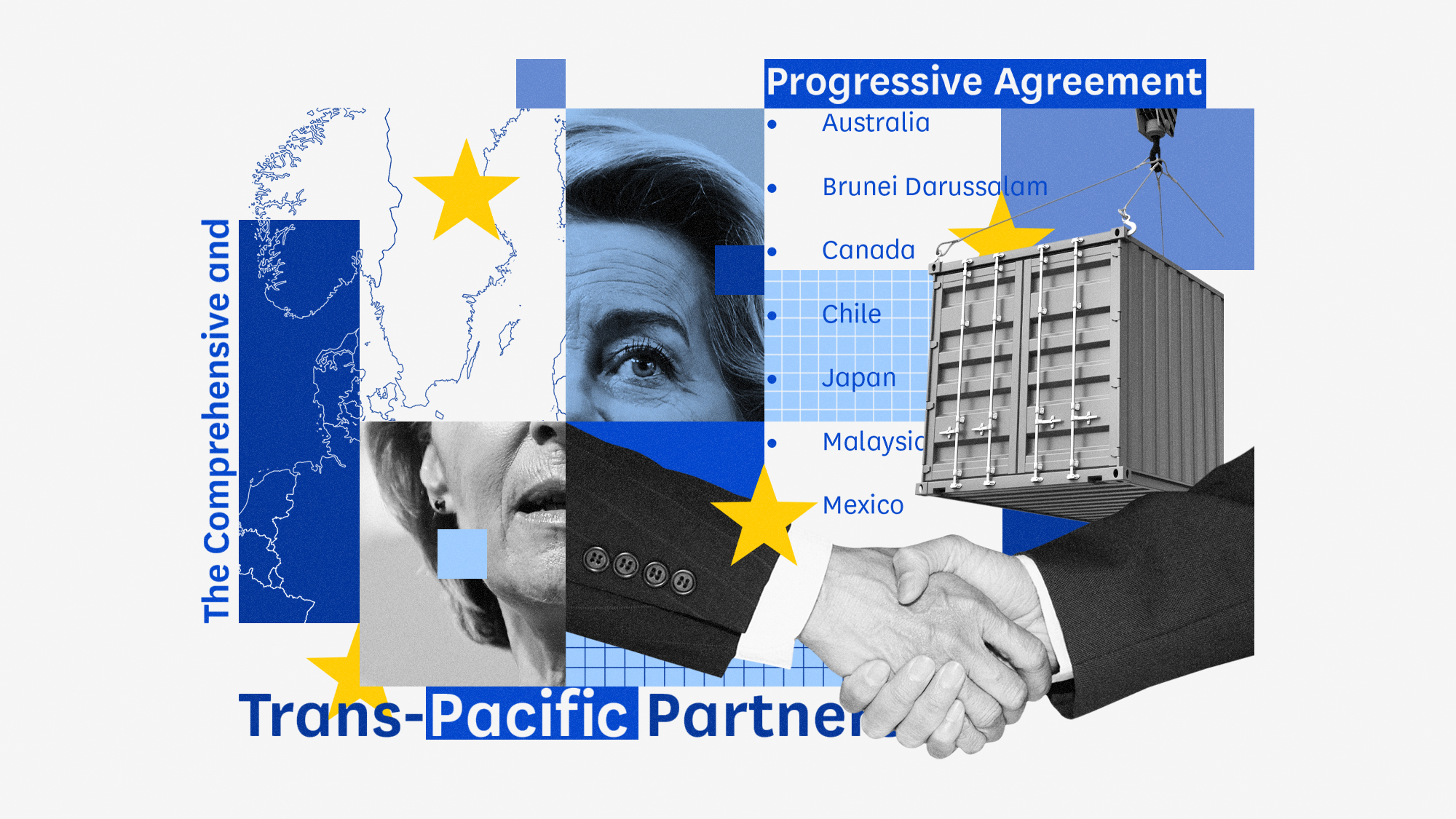 Will Europe pivot to Asia on trade?
Will Europe pivot to Asia on trade?Today's Big Question It could be an attempt to sidestep the impact of Trump's tariffs
-
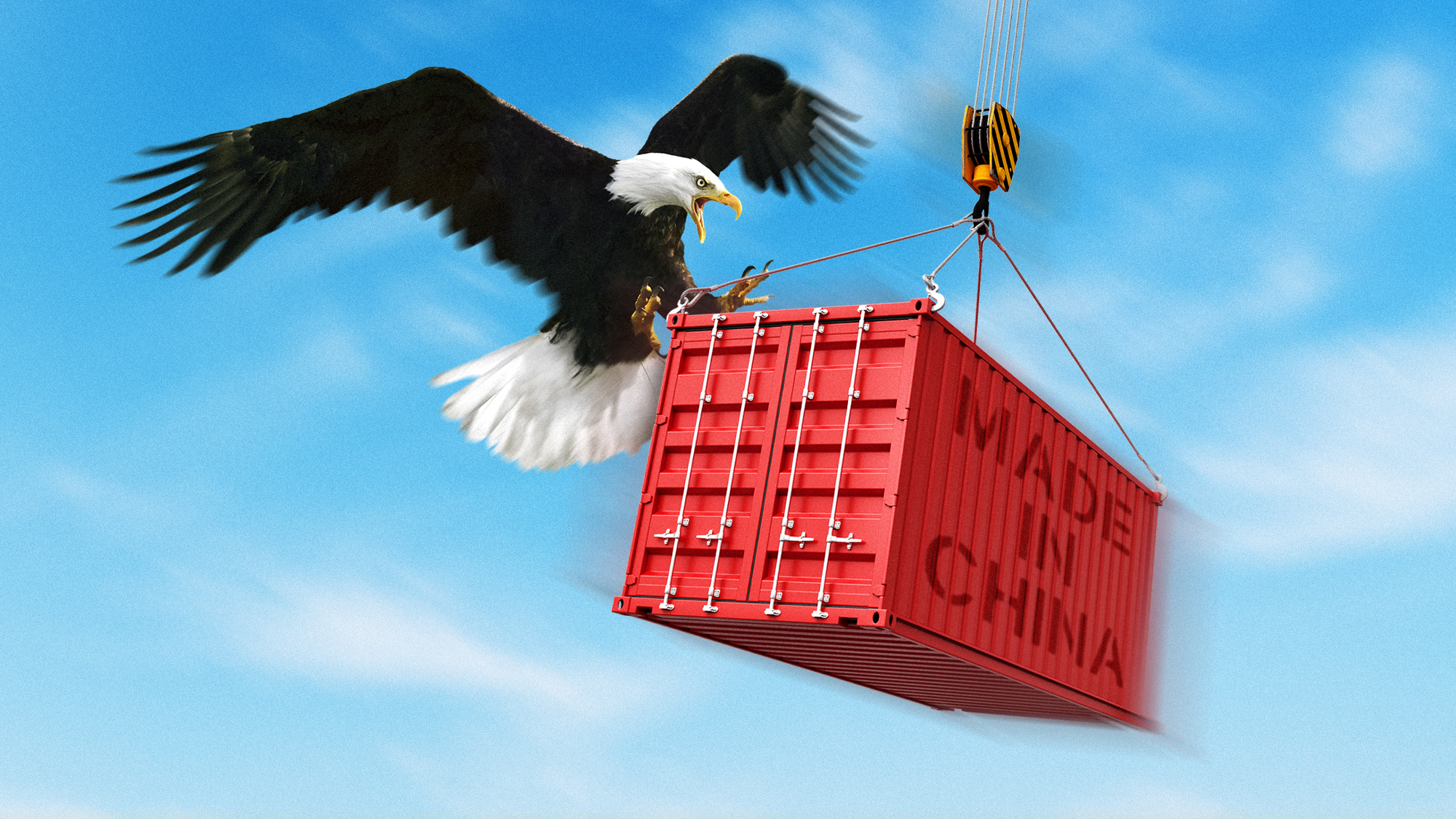 Trump's tariffs: is EU's retaliation the best move?
Trump's tariffs: is EU's retaliation the best move?Today's Big Question Global US levy on steel and aluminium imports has the EU hitting back but the UK keeping options open
-
 Can the UK avoid the Trump tariff bombshell?
Can the UK avoid the Trump tariff bombshell?Today's Big Question President says UK is 'way out of line' but it may still escape worst of US trade levies